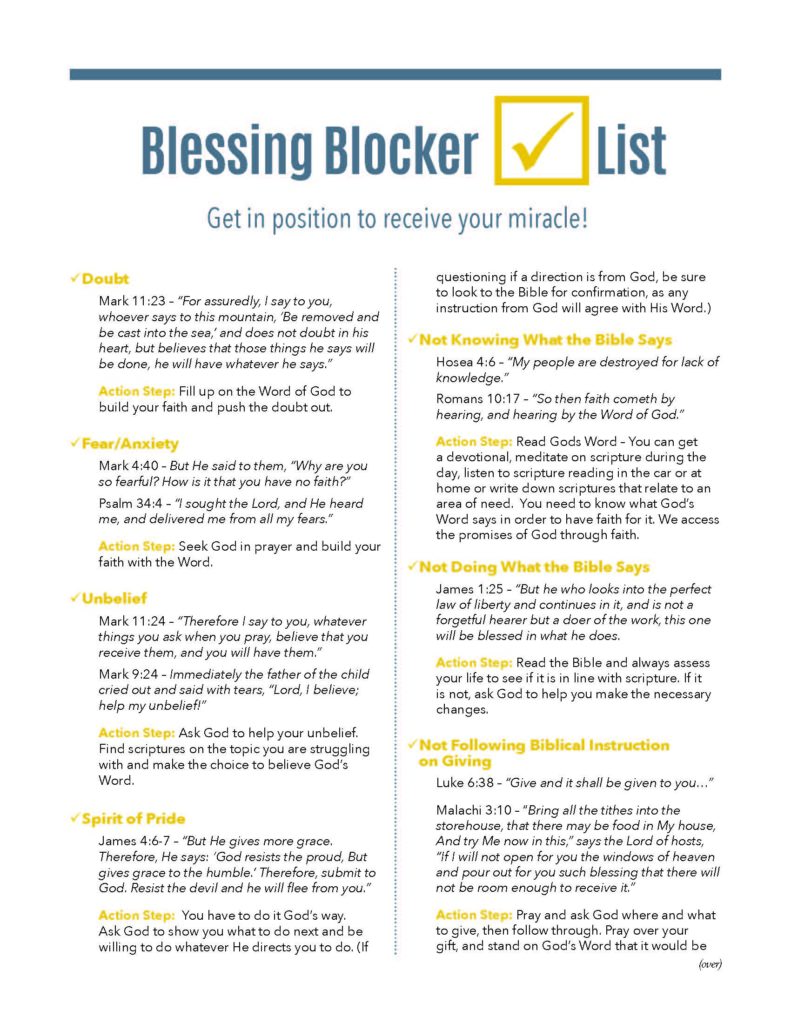From the archives of Oral Roberts
In Philippians 4, the Apostle Paul describes his relationship with the Philippian church in terms of “communication.” Communication involves both sending―or giving―and receiving messages. Paul says that in the beginning of this ministry, “No church communicated with me as concerning giving and receiving, but ye only. For even in Thessalonica ye sent once and again unto my necessity” (Philippians 4:15, 16).
What is the story behind these verses? When Paul and his associate Silas and others had come to Philippi, they had preached the Gospel and Paul had cast a demon out of a young woman who was being used by her owners to tell fortunes. When the girl was set free of the demon, she no longer could be used by these men who controlled her to gain riches, and the men had Paul and Silas thrown into jail. While they were in jail, Paul and Silas sang and prayed, and God shook the earth, tore the prison walls apart, and let them out ― but not before they won the jailer to Jesus (See Acts 16:16-34.) From these experiences there at Philippi, the church became established, and then Paul moved on to preach in Thessalonica, a city just across the Aegean Sea. The enemies of Paul in Philippi followed him to Thessalonica.
Now, Paul is saying in his letter to the Philippians, “You were the only ones who really caught hold of my message of giving and receiving ― that when you give, you receive, and out of what you receive you give. You were the only ones who gave again and again to me in Thessalonica. And now, as the result of our giving-and-receiving relationship, we both are in a position to experience God’s biblical prosperity in our lives.”
You can’t experience true biblical prosperity without both giving and receiving. You must give. You must receive. That’s the principle that God has established and which Jesus gave in Luke 6:38 ― “Give, and it shall be give unto you; good measure, pressed down, and shaken together, and running over, shall men give into your bosom. For with the same measure that ye mete withal it shall be measured to you again.”


